 Broadway CD Review
Broadway CD ReviewA fine new, lovingly packaged concert recording of the 1947 Allegro, issued in a 2-CD set, does little, unfortunately, to bolster the show’s inferior reputation.
Following the great success of their first two blockbusters, Oklahoma and Carousel, Rodgers and Hammerstein embarked on an original idea to dramatize, in a more experimental form (with ersatz Greek chorus) the life of a man who grows up to be a doctor, makes a name for himself in a big city, becomes disillusioned with rich folk who consume pills like candy, and returns to the small town of his birth to practice medicine among "real" people.
 Allegro generated a phenomenal advance ticket sale, opened to wildly mixed notices, and was gone in 10 months. Brooks Atkinson found its first act "full of a kind of unexpected glory." What followed intermission left him wanting. That's exactly how I felt when I saw a very good college production of the show in southern California back in the 1980s.
Allegro generated a phenomenal advance ticket sale, opened to wildly mixed notices, and was gone in 10 months. Brooks Atkinson found its first act "full of a kind of unexpected glory." What followed intermission left him wanting. That's exactly how I felt when I saw a very good college production of the show in southern California back in the 1980s.Allegro was somewhat daring in its experimental structure — it inspired a young Stephen Sondheim to follow its “concept musical” approach. But its feel-good execution fell glaringly short of a fully realized work -- short by at least half a book and half a score. A half dozen top-drawer R&H songs include "A Fellow Needs a Girl," "So Far," "The Gentlemen is a Dope," "Money Isn’t Everything," and two high-energy gems that did not make it onto the original cast album, "It’s A Darn Nice Campus," and "What A Lovely Day for a Weeding." Here, they are a joy to rediscover. Here, we get the magical supremacy of R&H at work. Even then, disparage as they may the original cast LP, the renditions it offers of my two favorite numbers, "So Far" and "Money," are somewhat more appealing than those delivered on the technically advanced CD.
No matter, those six gems must share the stage with half a dozen also-rans, among the plodding ditties, "One Foot, Other Foot," and "I Know it Can Happen Again." There are too many reprises of these weaker tunes, making us wish that that it wouldn't happen again.
The interpolation by Rodgers of his "Mountain Greenery" from an old show he wrote with Larry Hart only adds to the impression of a creatively straining work. And yet, ironically, out of Allegro came one of the most loved of all the R&H songs -- but not until the tune, originally known as "My Wife" before it was dropped on the road, appeared in another show with a brand new lyric, "Younger Than Springtime."
Perhaps the biggest bonus is the welcome inclusion of the remarkable "Allegro Ballet" music, which incorporates Stravinskyian dissonance and dynamics. Through it all, we can see and hear what Dick and Oscar had in mind that so entranced the show's fans and that has left a lasting legacy for Allegro's admirable reach.
Overall, do we really need a two-disc salute to a second drawer tuner? What was good for melody-rich Show Boat over 20 years ago feels padded and gratuitous for the thinly talented Allegro. I would have welcomed one disc packed with the best of the bunch. Not another "one foot, other foot," please.
The libretto suffered, and here you may get a sense of why, from Hammerstein’s overly simplistic portrayal contrasting glibly hedonistic city life with the alleged innocence of a small town community. So spiritually inclined is this work, that it feels almost like a church service conducted by Dick and Oscar. They had intended to follow their central character, Joseph Taylor, Jr., all the way through to his death. They only got as far as his heroic return to the town of his birth, there to rejoin the real human race as opposed to the fake human race.
And there, never to face the problems that might have made Allegro so much more interesting, so much more engagingly dramatic. When Rodgers and Hammerstein returned to Broadway two years later, gone was the Greek chorus. And what they delivered was easily three times better: South Pacific.
Rodgers and Hammerstein fans will surely welcome this new and impeccably produced release. They also might, in time, return to the original cast album to save a lot of down time.
 [photos from Allegro CD set, starting at top: the original New York cast; crowds line up for tickets outset the Majestic Theatre; Richard Rodgers and Oscar Hammerstein II during Boston tryouts, September, 1947]
[photos from Allegro CD set, starting at top: the original New York cast; crowds line up for tickets outset the Majestic Theatre; Richard Rodgers and Oscar Hammerstein II during Boston tryouts, September, 1947]
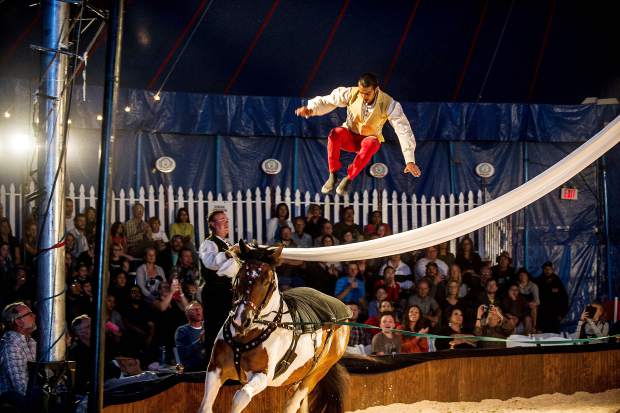
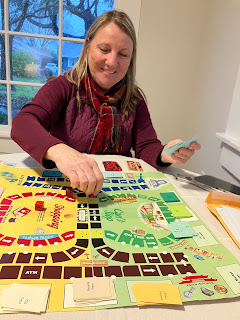

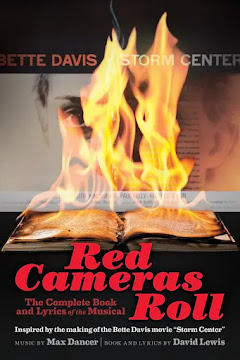

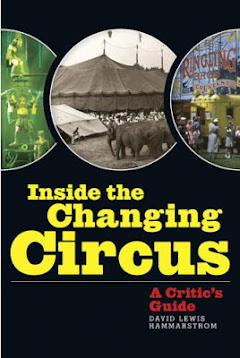
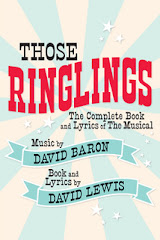
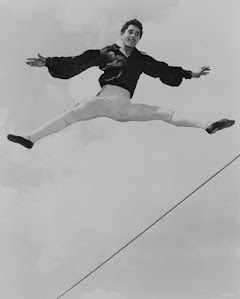
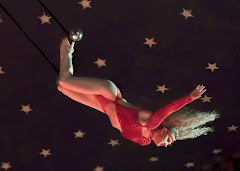



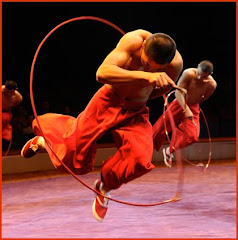
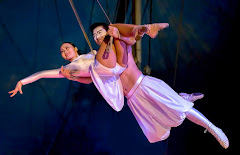

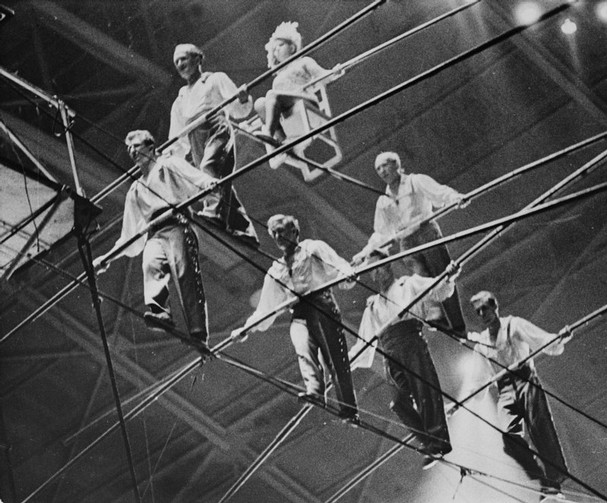
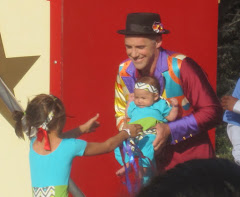
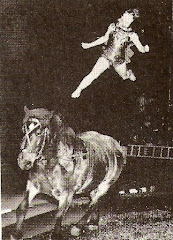
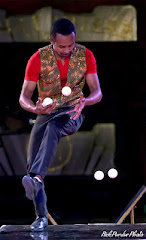
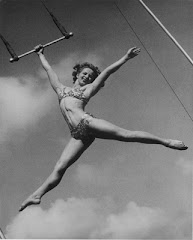


No comments:
Post a Comment